Thinning Methodologies For Pattern Recognition
Thinning is a technique widely used in the pre-processing stage of a pattern recognition system to compress data and to enhance feature extraction in the subsequent stage. It reduces a digitized pattern to a skeleton so that all resulting branches are 1 pixel thick. The method seems easy at first and has many advantages, however after two decades of intensive research, it has been found to be very challenging due to the difficulties in programming computers to do it.This collection of 15 papers by leading scientists working in the area examines the theoretical and experimental aspects of thinning methodologies. The authors have addressed the problems faced, compared their performance results with others, and assessed the challenges ahead. Researchers will find the volume helpful in shedding light on difficult issues and stimulating further research in the area.
{{comment.content}}

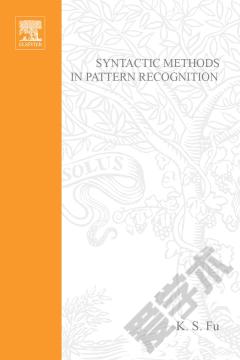
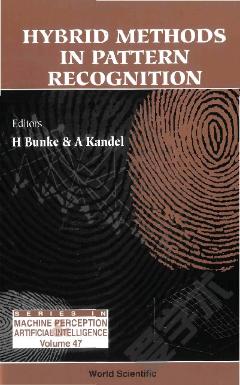
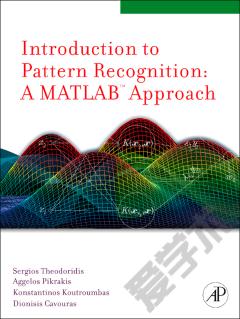
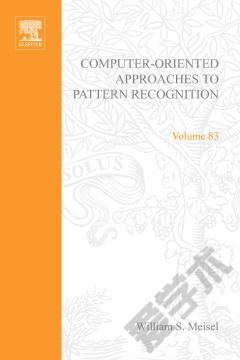
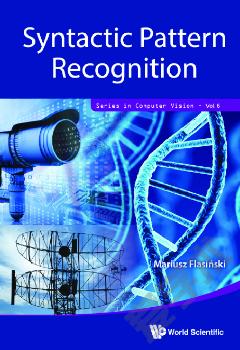


 京公网安备 11010802027623号
京公网安备 11010802027623号